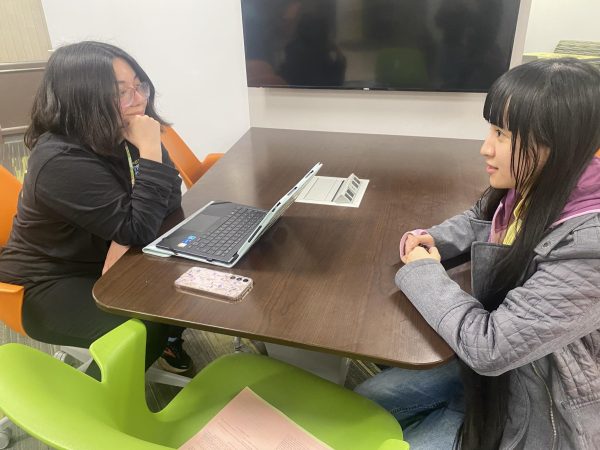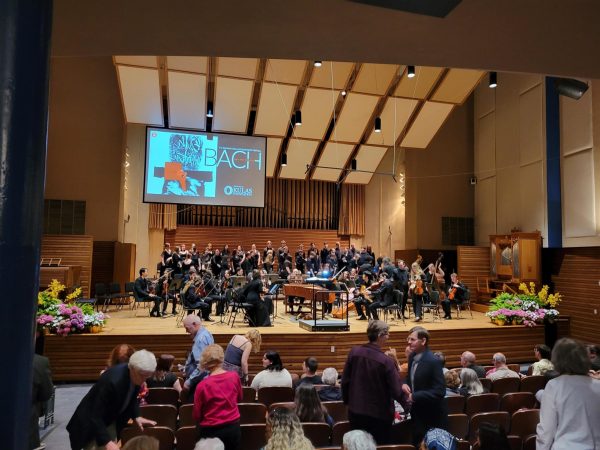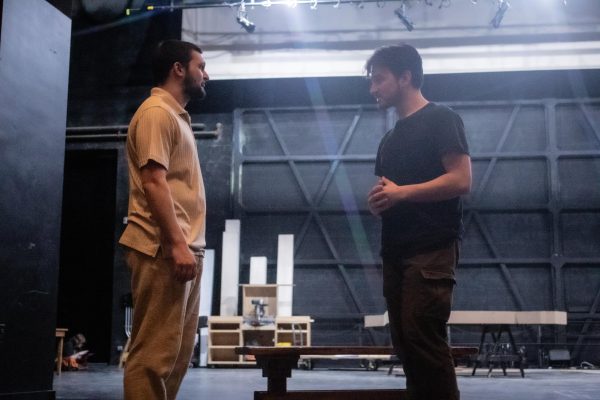The Pandemic Didn’t Stop Graduate Students from Connecting with Zambia
Speech pathologist graduate students still had the chance to help out with communication disorders in Zambia, Africa, without leaving campus. The pandemic caused the annual trip to be cancelled. Instead, the students connected virtually by doing video chats.
Some of the trouble in trying to connect abroad is the time zone difference. Zambia is seven hours ahead of Ohio, but after daylight savings on March 14, it will be six hours ahead. “One of the challenges is finding a time that would work. First thing in the morning actually works. It is a good time to work. Most of our meeting times are 9 a.m., which for them would be four o’clock in the afternoon,” said Chisomo Selemani, BW in Zambia chair and coordinator.
Speech pathologist graduate students work with children in Zambia that have communication disorders. The students get the opportunity to observe and collaborate with local Zambian practitioners. They also get to learn about the culture in Zambia. Some were skeptical if the virtual program would still be as good of an experience as the in-person trip.
“In many ways, we were able to connect in super meaningful ways. We had some really great conversations with our friends abroad. All kinds of learning. We had moments of cultural exchange, our students, and students in Zambia, they would share dances and songs and games,” said Selemani.
Since the speech clinic for Zambia became virtual, undergrad education students were able to join in and do student teaching with children and gain the experience of teaching virtually. This became a new collaboration which may lead to different studies joining in.
Selemani was born in Zambia and has many connections with different schools. “I had connections in primary section of primary schools and I also worked in healthcare facilities and collaboratively with a variety of different professionals in healthcare so I had this established base of community partners [in Zambia].”
This personal connection was how BW was able to start sending graduate students down to Zambia. “I was hired in with the expectation that I would develop a study abroad program. So then it became my role having to do with developing a study abroad program, and it grew because of my base of connections, and so we’ve been able to connect all corners of the university to these partners that we have in Zambia,” said Selemani.
This summer, the Zambia trip will still be virtual for speech pathology graduate students. The university is hoping by the summer of 2023 that things will be cleared up with the pandemic, and will be able to restart the trips to Zambia.
The Exponent is looking for financial contributions to support our staff and our newsroom in producing high-quality, well-reported and accurate journalism. Thank you for taking the time to consider supporting our student journalists.













































